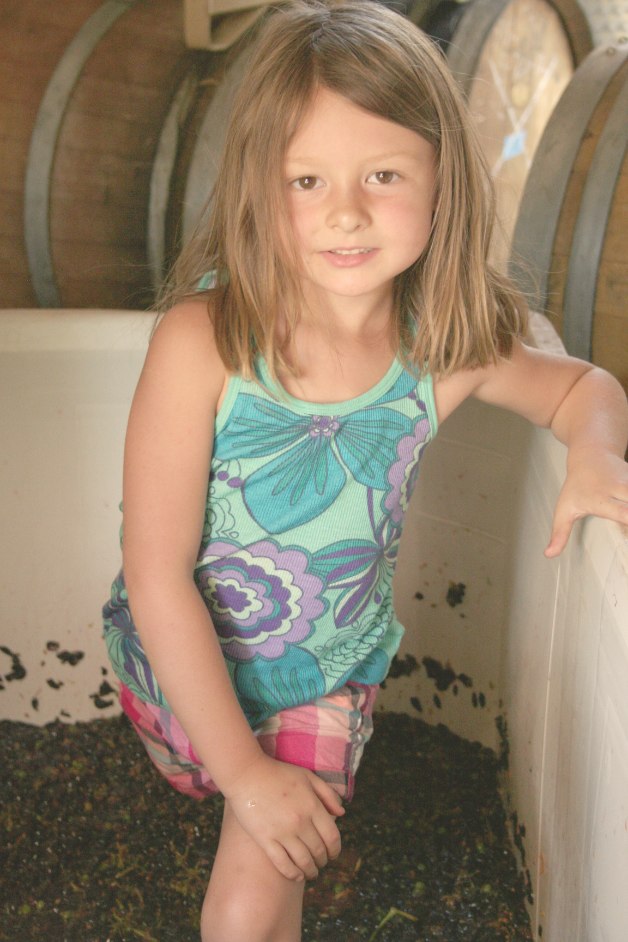Sustainable Sips
Aug 29, 2014 09:51AM ● By Morgan Cásarez
Going green seems to be the talk of the town these days—even when it comes to wine. Read on for five local wineries committed to keeping their sips sustainable.


1/Bogle Vineyards
The Bogles started tracking their greenhouse gas emissions in 2008 with a goal of reducing them by 20 percent before 2020. That same year, they became participants in the Lodi Rules for Sustainable Winegrowing program, and to date, 1,200 of their vineyard acres are Lodi Rules certified. Beginning in 2010, Bogle Vineyards began offering a bonus program to any of their outside growers who certified their vineyards in the Lodi Rules program. Of their more than 60 growers, over half farm sustainably. According to Jody Bogle VanDePol, the family’s green efforts extend “from the paper we use for labels…and even to the location of a new warehouse to avoid unnecessary fossil fuel emissions from trucks on the road. The better we take care of our resources, the stronger we can leave this business, our community and the world for our kids.”37783 County Road 144, Clarksburg, 916-744-1092, boglewinery.com

2/Chateau Davell Boutique Winery
Although it’s a relative newcomer on the local wine scene, Chateau Davell has been committed to sustainable winemaking since they started making wine in 2007. Herbicides, pesticides and chemical fertilizers are never used on the family-run farm, and the winery’s production facility features solar power and recycled packaging. Nearly every step in the winemaking process is performed without the use of machinery, and Winemaker Eric Hays’ creations are always unfiltered and made without additives. His wife, Emily, says this allows “the true character of each varietal to come to life. Our personal values,” she adds, “are that we should be good stewards of the land.”3550 Carson Road, Suite E, Camino, 530-644-2016, chateaudavell.com
3/Sierra Vista Winery
More than two decades ago, John MacCready was alarmed to find an area of his vineyard eroding. If left unattended, the problem could have made conditions too dangerous to continue operating his tractor. In response, he adopted erosion control, a sustainable practice that involves planting seed and covering it with straw in the fall. He also stopped disking in an effort to encourage native vegetation between crop rows and planted nitrogen-enhancing legumes to supplement the native grasses. “In winemaking,” MacCready shares, “we have green practices such as using only organic materials for pest control and fertilization. We take care not to discharge any undesirable chemicals on the land. [This] protects the land on which we and future generations make a living.”4560 Cabernet Way, Placerville, 530-622-7221, sierravistawinery.com
4/Cedarville Vineyard
For the past five seasons, winemakers Jonathan Lachs and Susan Marks have organically farmed their entire 15-acre estate vineyard; a commitment they say requires detailed planning and handwork among the vines. In addition to building soil health and water retention, their eco-friendly efforts (which include the use of naturally-cooled barrel caves) have not only increased the land’s biological diversity, but translated into substantial energy cost savings. “It is important for Susan and I to know where our food and wine come from, how it was grown, and how it was made,” Jonathan explains. “Our goal is to give back more to our vineyard, community and environment than we take.”6320 Marestail Road, Fair Play, 530-620-9463, cedarvillevineyard.com


